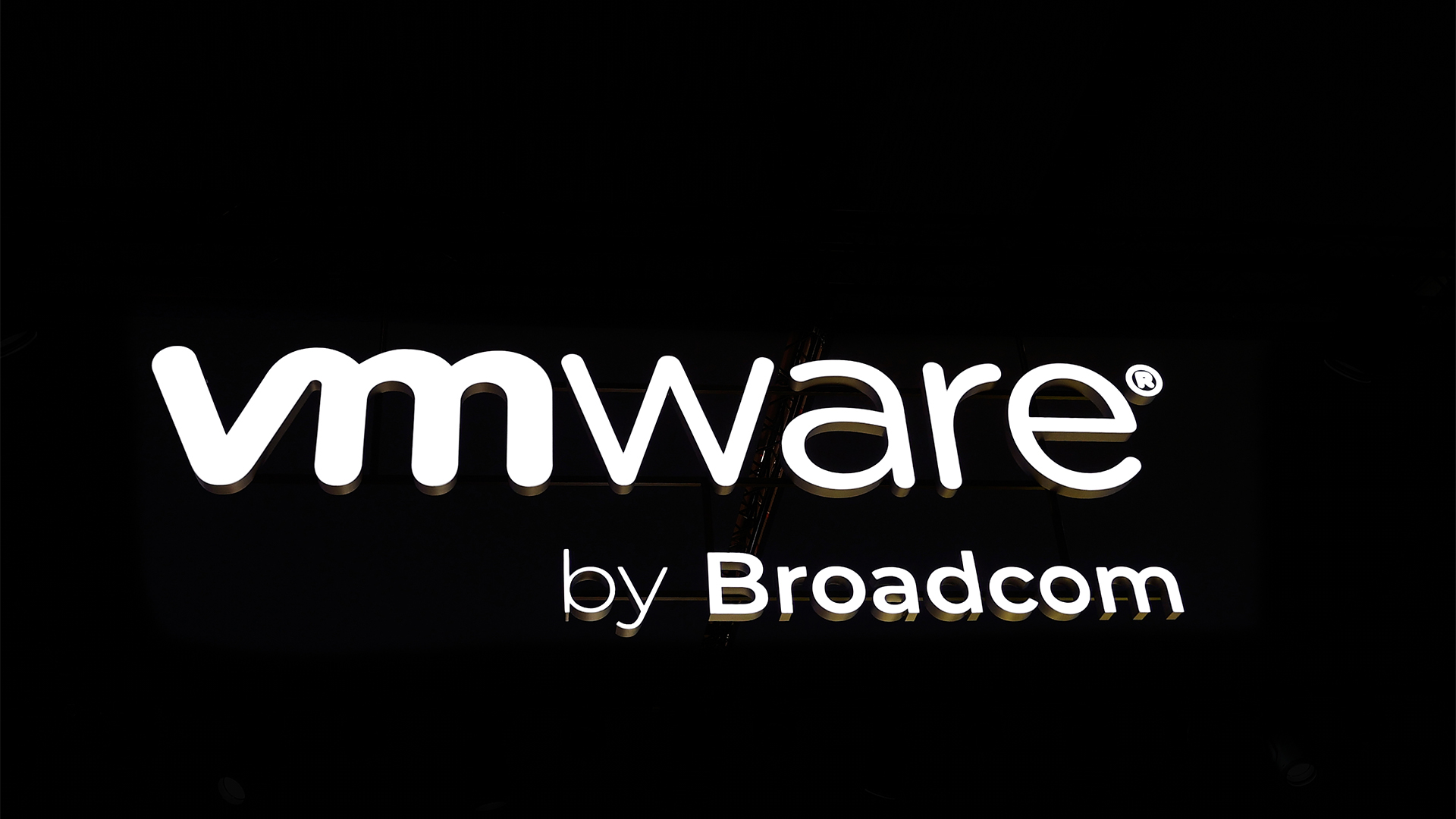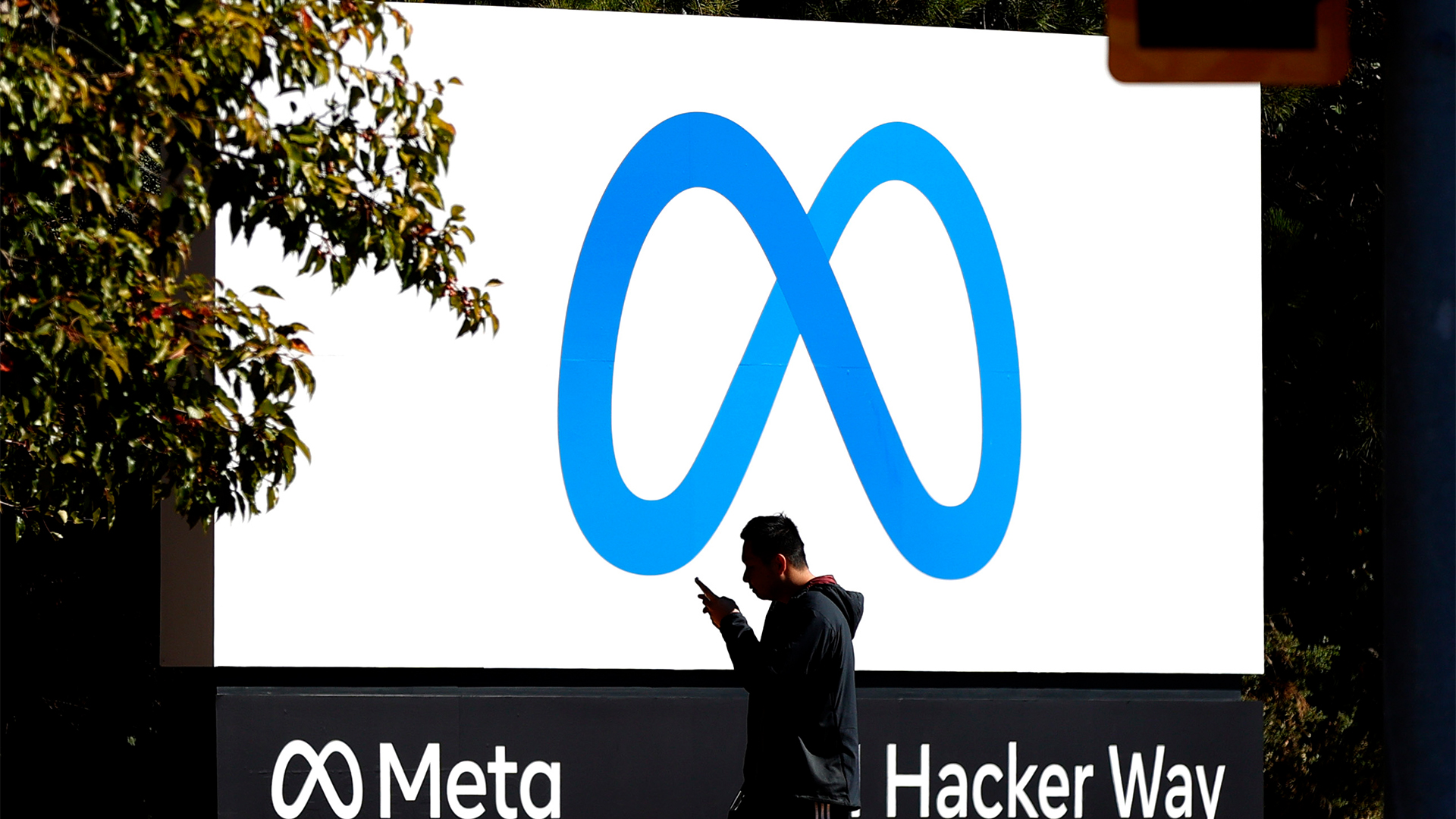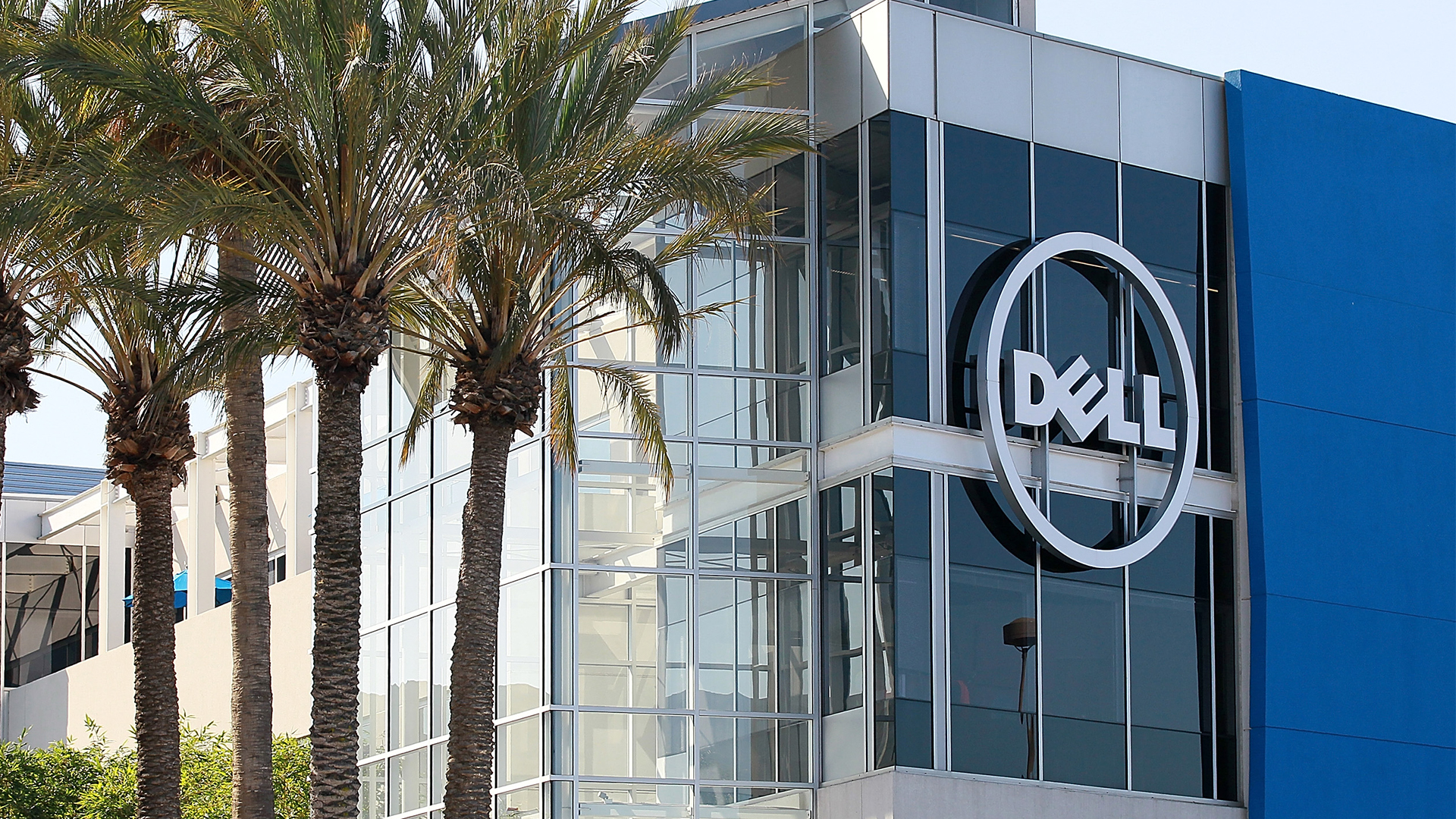Q&A: Praveen Asthana, vice president of storage and networking for Dell
We speak to one of Dell’s top hardware executives about virtualisation, the cloud and the company’s plans.


I think it will be a while. In storage virtualisation there are two different implementations. One is what I call a homogeneous implementation, which is [when] all of the things being virtualised are from the same company and look the same. There is another called heterogeneous virtualisation, which is [where] I will sell you this virtualisation appliance, which will allow four or five boxes to look like one box and the companies have introduced products like that.
The problem is it is very difficult to do. It is easy to do in a lab [and] it is easy to get a product out, but the problem is that because the fibre channel standard is so broad there are always different interpretations.
If you have a SAN with eight different boxes and there is a fault in one of them, you can't find it and that is what some customers have told me. [They say:] "Yes, it sounded like a good idea, but I can't find which box broke." A little thing like that is tripping up the technology [adoption].
So there are technological issues like this that companies like Dell need to work on to encourage adoption?
Exactly.
How does Dell feel about the growing public cloud and is it a threat to you?
Well we are definitely getting involved in a lot of public cloud projects and we are probably the leading provider of infrastructure to most of the web 2.0 and public cloud providers. So if you looked at [companies like] Facebook, Google, Amazon and MSN, many of them buy their stuff from Dell. So from a public cloud perspective we are selling a lot of stuff in.
Sign up today and you will receive a free copy of our Future Focus 2025 report - the leading guidance on AI, cybersecurity and other IT challenges as per 700+ senior executives
I personally think that most companies and most of the customers I have talked to are not keen on running their stuff on a public cloud. They like the idea of what a cloud gives them so stuff like it is really easy for me to provision resources, I can do that fast, I don't need to send in a requisition order and trouble ticket and this and that. It is flexible in the sense that tomorrow if I need capacity I can get it, it might be cheaper and there is a self service model that I myself can allocate what I need.
Those are the things it offers [so] customers ask "can I get those things in my own data centre without having to go outside?" Now that infrastructure inside your data centre, some people are calling a private cloud, others are calling that a smart virtualised infrastructure.
There are customers today who have become tired of the word 'cloud', if I said cloud they say "please don't take to me about cloud." Nobody can define this nebulous thing and they are tired of it. They want practical [solutions].
We are going to make smarter virtualised infrastructures and offer them to our customers. Some will call them private clouds, I will call them virtualised infrastructures. We will continue to provide to the public cloud and provide linkage so if you have a spike in your needs you can go to the public cloud for your needs.
So what about storage in the cloud?
I think that is the last [element to go to the cloud] in many ways. There is a big trust factor about data. Your data is a really important thing and do you want it in the public cloud? Probably not, no matter how much they assure you it is perfectly safe you don't know.
With many applications, there is a latency issue. By that I mean you can't wait for information to go to a cloud and come back it takes time and many applications will time out. That's just physics. So those are some practical issues.
If you look at email storage, should that be in the cloud? Well you might put it there. You could use Gmail, for example, that's a cloud implementation. But do I really feel comfortable sending Dell confidential data to my chief executive using Gmail that anybody could see? Probably not.
So is the public cloud a no go when it comes to storage?
I think it is further out. I think people need to get a lot more psychologically comfortable and that is going to take some time.
Jennifer Scott is a former freelance journalist and currently political reporter for Sky News. She has a varied writing history, having started her career at Dennis Publishing, working in various roles across its business technology titles, including ITPro. Jennifer has specialised in a number of areas over the years and has produced a wealth of content for ITPro, focusing largely on data storage, networking, cloud computing, and telecommunications.
Most recently Jennifer has turned her skills to the political sphere and broadcast journalism, where she has worked for the BBC as a political reporter, before moving to Sky News.
-
 Computacenter enters the fray against Broadcom in Tesco's VMware lawsuit
Computacenter enters the fray against Broadcom in Tesco's VMware lawsuitNews The IT reseller has added its own claim against Broadcom in VMware case brought by Tesco
-
 Who is John Roese?
Who is John Roese?Dell's CTO and Chief AI Officer John Roese brings pragmatism to AI
-
 Meta layoffs hit staff at WhatsApp, Instagram, and Reality Labs divisions
Meta layoffs hit staff at WhatsApp, Instagram, and Reality Labs divisionsNews The 'year of efficiency' for Mark Zuckerberg continues as Meta layoffs affect staff in key business units
-
 Business execs just said the quiet part out loud on RTO mandates — A quarter admit forcing staff back into the office was meant to make them quit
Business execs just said the quiet part out loud on RTO mandates — A quarter admit forcing staff back into the office was meant to make them quitNews Companies know staff don't want to go back to the office, and that may be part of their plan with RTO mandates
-
 Amazon workers aren’t happy with the company’s controversial RTO scheme – and they’re making their voices heard
Amazon workers aren’t happy with the company’s controversial RTO scheme – and they’re making their voices heardNews An internal staff survey at Amazon shows many workers are unhappy about the prospect of a full return to the office
-
 Predicts 2024: Sustainability reshapes IT sourcing and procurement
Predicts 2024: Sustainability reshapes IT sourcing and procurementwhitepaper Take the following actions to realize environmental sustainability
-
 Advance sustainability and energy efficiency in the era of GenAI
Advance sustainability and energy efficiency in the era of GenAIwhitepaper Take a future-ready approach with Dell Technologies and Intel
-
 Tech execs pushed for a return to the office – now they’re backtracking amid a workforce revolt, with only 3% of firms asking staff to return full-time
Tech execs pushed for a return to the office – now they’re backtracking amid a workforce revolt, with only 3% of firms asking staff to return full-timeNews Return to office mandates have failed miserably, and many businesses appear to be admitting defeat


